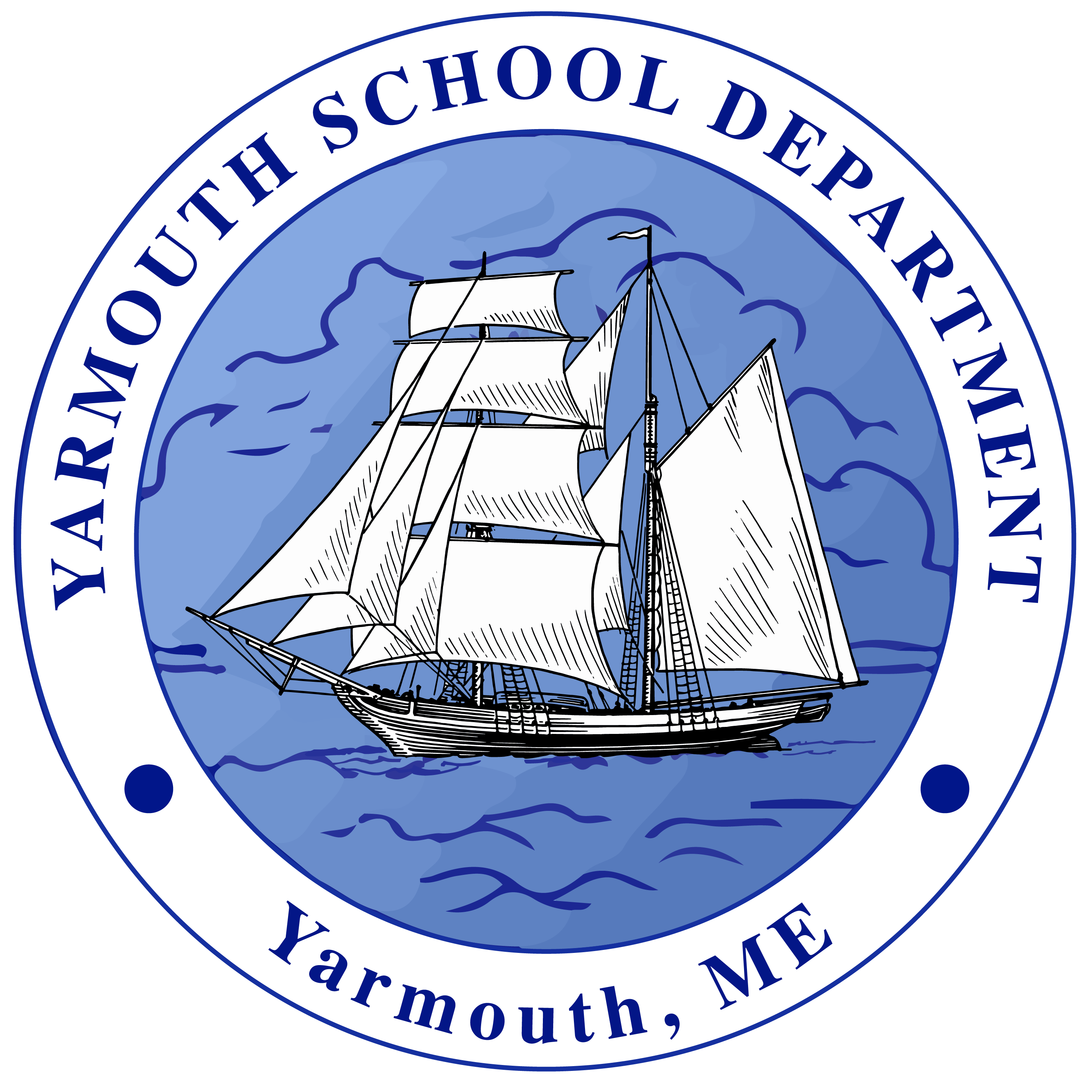Free AI Joke Generator
One Sentence Description: Engage your students with fun jokes for kids, including knock knock jokes and jokes of the day!
Give me a school-appropriate joke of the day for 3rd graders.
Generate a silly knock-knock joke to start morning meeting with a smile.
Trusted by 1,000+ schools
Join our thriving community of teachers & students that trust Knowt.
The Best AI Joke Generator for Classroom Fun
Easily generate kid-friendly jokes, dad jokes, and funny puns with AI to bring humor into your lessons.
Make your students laugh with classic knock-knock jokes tailored for kids!
Get groan-worthy but hilarious dad jokes to lighten up the classroom atmosphere.
Use quick and witty one-liners to engage students and break the ice in class.
Keep your students entertained with a fresh joke of the day from AI!
Let AI create intentionally cringeworthy jokes that your students will love (or love to hate!).
Use fun AI-generated puns to enhance vocabulary lessons and language learning!
Oh you’re an explorer?
We have over 5 million resources across various exams, and subjects to refer to at any point.
Explore top flashcards
Explore top notes
Check out our other tools
Make teaching 50% faster by using our thoughtfully crafted teacher tools.
FAQ
We thought you might have some questions...
- Knock-knock jokes – The classic door-themed humor that kids love made easy by our joke creator
- Joke that sparks other jokes – Unique joke setups that encourage students to think creatively and come up with their own punchlines
- Dad jokes – The best (or worst) groan-worthy jokes that are clean and fun by joke maker AI
- One-liners – Clever, quick jokes that grab attention instantly by AI jokes one liners
- Puns – Fun, witty jokes from the AI pun generator to enhance language learning
- Random jokes – The random jokes generator provides fresh humor every day
- Bad jokes – Intentionally corny jokes from the bad joke generator that will have students laughing and rolling their eyes
- Joke of the day - Teachers can use the joke creator AI to create a joke of the day board or inspire writing prompts based on AI-generated humor
- During morning meetings – Start the day with a joke of the day to set a positive tone
- Writing prompts – Use the joke maker AI as a tool for students to create their own punchlines
- Vocabulary lessons – Use AI-generated puns to teach word relationships and figurative language
- Icebreakers – Kick off a new topic with humor from the random joke generator or punchline AI tool
- Themed joke days – Designate days like "Funny Friday" using jokes from the AI comedy generator to promote laughter and participation
- Analyze joke structure – Have students examine why certain jokes are funny
- Write original jokes – Use the joke AI as inspiration
- Develop a comedy routine – Encourage students to use the AI joke writer to create their own stand-up performances
- Create classroom humor contests – Let students rate and vote on the best funny AI jokes of the week
- Encourage classroom bonding – Use the joke that sparks other jokes feature to promote student participation
- Develop confidence – Allow students to perform AI-generated jokes in front of their peers
- Teach empathy – Discuss how humor can be used appropriately in social situations
- Promote creativity – Use joke AI generator tools to inspire original student-made jokes
- Customizable jokes – Generate jokes for kids, knock-knock jokes, and dad jokes tailored to different grade levels
- Unlimited free access – Teachers can use the free AI joke generator anytime
- Engaging lesson integration – From being an AI punchline generator to jokes generator, this tool supports writing, reading, and humor education
- Language learning support – The AI pun generator and one-liner generator help teach figurative language and wordplay
- Social-emotional learning – Use the funny generator to build connections and boost student engagement






